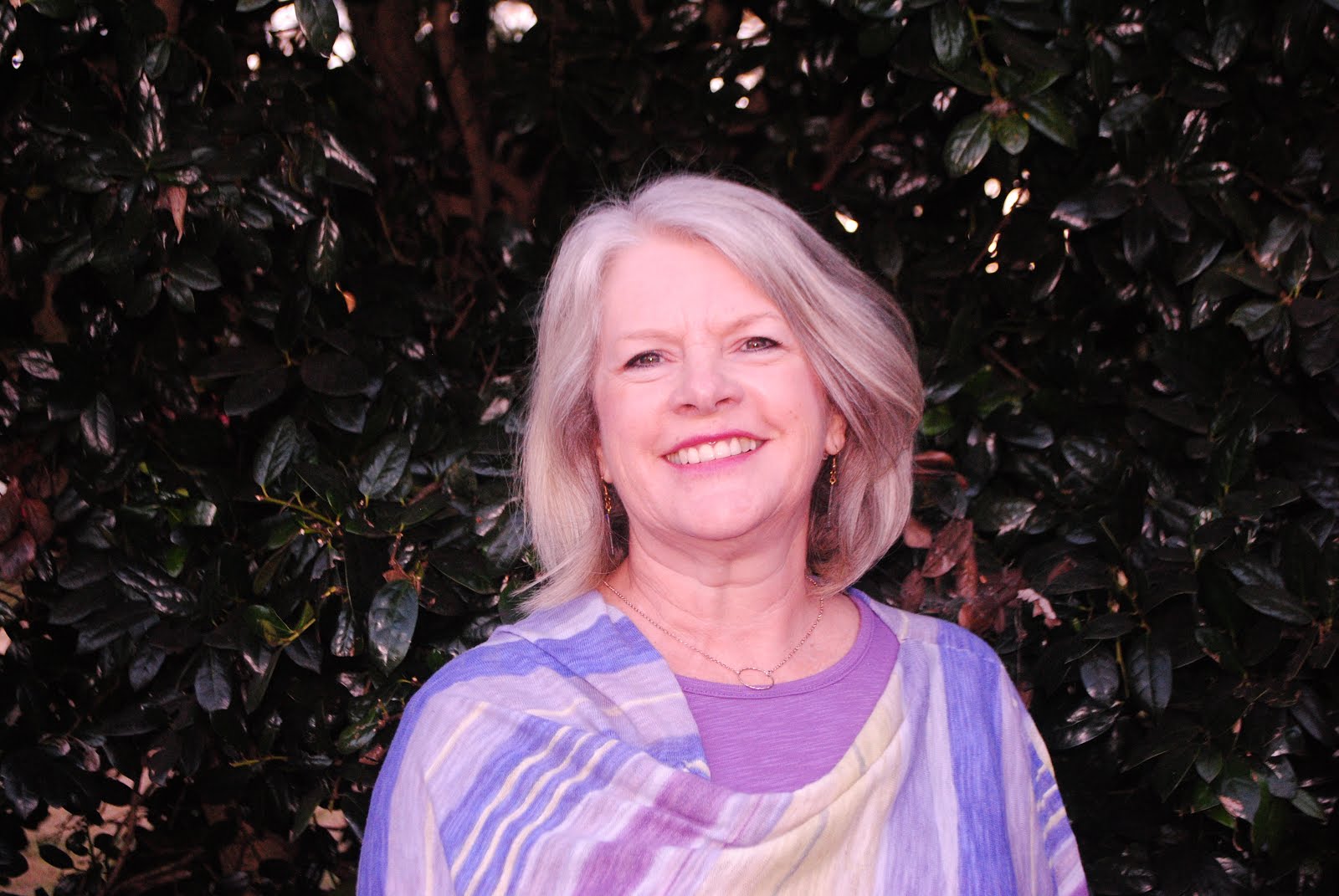In the introductory session, we were partnered up for introductions, and I ended up paired with Jan, one of the facilitators. Our talk turned quickly to books and music. We found that we were both avid readers with similar tastes. As others went around the room, offering their introductions, I heard several others chiming in, ". . . and she (or he) loves to read."
Before we arrived here, we were instructed to bring a few things--a one-page description of an innovation we use in our classroom, one page describing a problem (or challenge), a "non-astounding teaching practice,"--and a book that has influenced our teaching. So from day one, we have a library in our meeting room, with the chance to peruse the books others brought along.
Ironically, one of the "challenges" presented sounded oh-so-familiar: How can we get them to read? I know all teachers aren't readers, especially not the voracious, can't-get-enough kind of reader I am, but there's a strong chance that those who teach have a great respect--even reverence for--the written word. We can't imagine never having lost oneself in a book, much less never having read a whole book--even under duress.
This afternoon, I have a little time to debrief. I'm about to type up some of the notes I've taken, lists of useful websites, ideas I want to try, others I want to share. I see already, though, that I have a new book list growing in the margin of my pages too.







